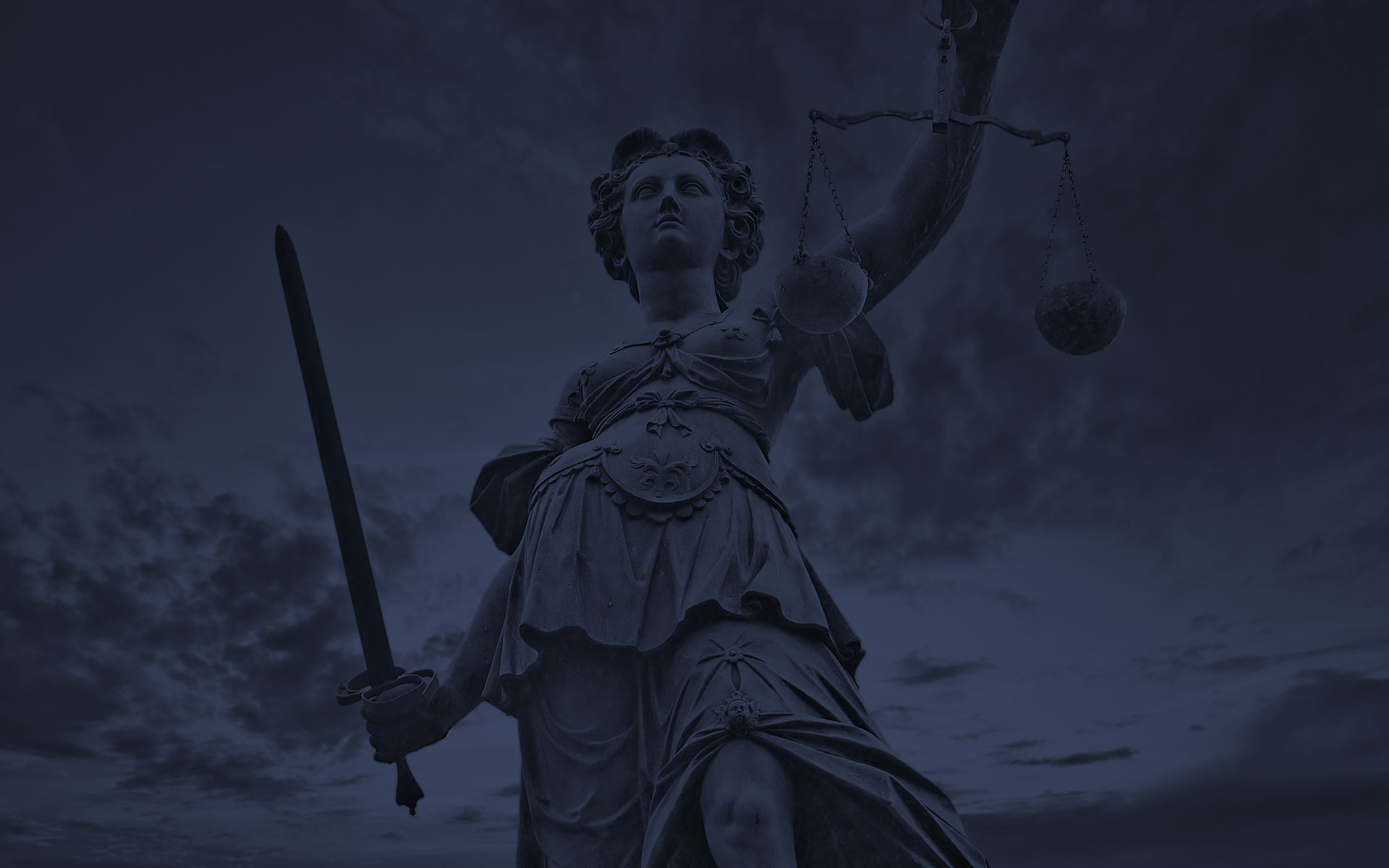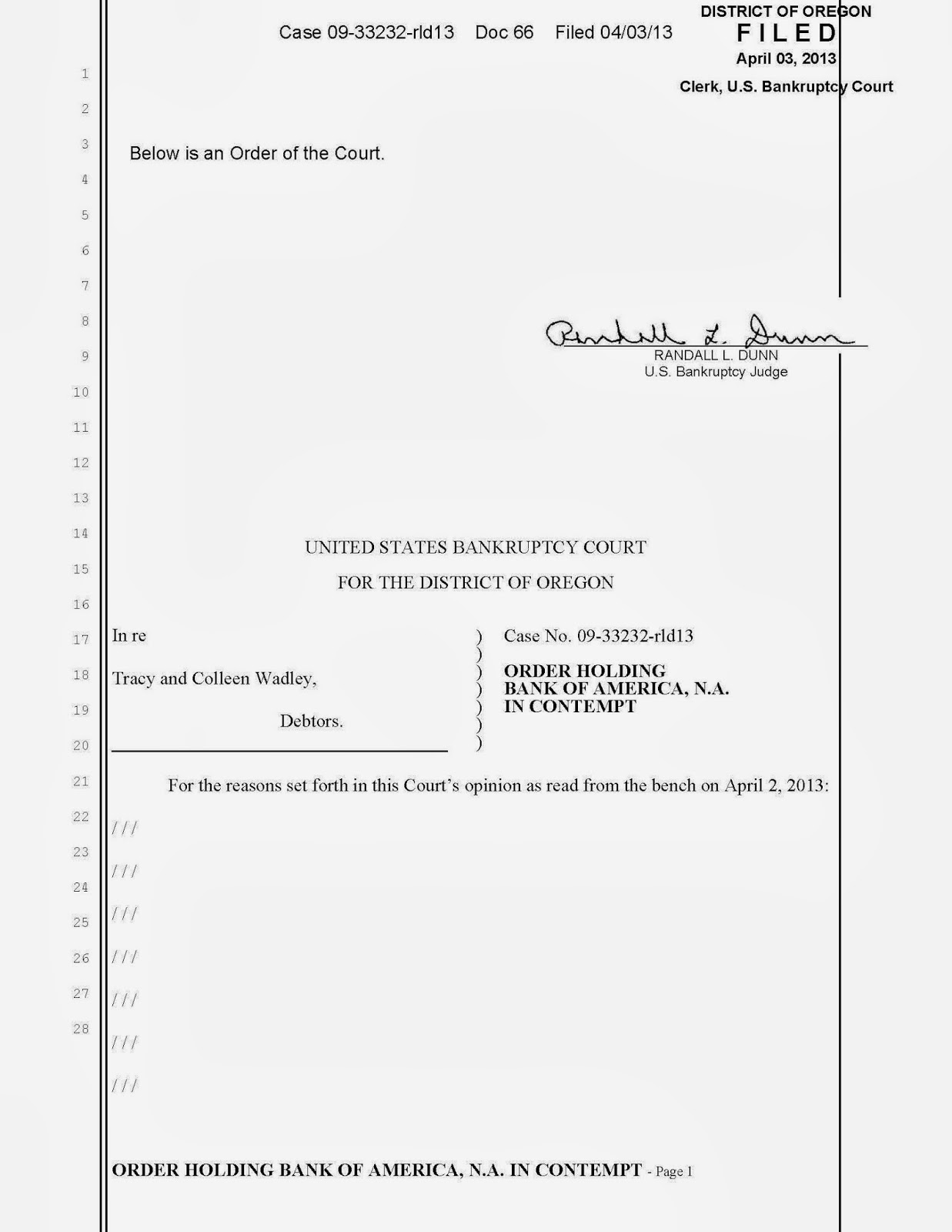How Case File Copies : Court Records : State of Oregon can Save You Time, Stress, and Money.

All About Bankruptcy Information Sheet - UST - Department of Justice

Financial institutions should ask the court to figure out that these financial obligations are excepted from discharge. In Found Here of an affirmative demand by the lender and the giving of the demand by the court, the types of debts set out in sections 523(a)( 2 ), (4 ), and (6) will be released. A slightly more comprehensive discharge of financial obligations is available to a debtor in a chapter 13 case than in a chapter 7 case.

Where and how can I get a copy of my bankruptcy discharge papers?

Bankruptcy Discharge Papers - Official Bankruptcy Court Records Online

23 Printable chapter 13 bankruptcy forms Templates - Fillable Samples in PDF, Word to Download - PDFfiller
Although a chapter 13 debtor typically receives a discharge only after completing all payments needed by the court-approved (i. e., "validated") repayment strategy, there are some restricted circumstances under which the debtor might ask for the court to give a "difficulty discharge" although the debtor has actually failed to complete plan payments.
The scope of a chapter 13 "challenge discharge" is similar to that in a chapter 7 case with regard to the kinds of financial obligations that are excepted from the discharge. A difficulty discharge likewise is readily available in chapter 12 if the failure to finish plan payments is due to "situations for which the debtor ought to not justly be held accountable." Does the debtor deserve to a discharge or can lenders object to the discharge? In chapter 7 cases, the debtor does not have an outright right to a discharge.
trustee. Financial institutions receive a notification soon after the case is filed that state much important details, including the deadline for challenging the discharge. To challenge the debtor's discharge, a lender should file a complaint in the bankruptcy court before the deadline set out in the notification. Submitting a grievance starts a claim referred to in personal bankruptcy as an "adversary proceeding." The court might reject a chapter 7 discharge for any of the reasons explained in section 727(a) of the Insolvency Code, including failure to offer requested tax documents; failure to complete a course on individual financial management; transfer or concealment of property with intent to impede, hold-up, or defraud financial institutions; destruction or concealment of books or records; perjury and other fraudulent acts; failure to represent the loss of assets; offense of a court order or an earlier discharge in an earlier case commenced within specific amount of time (discussed below) prior to the date the petition was filed.
